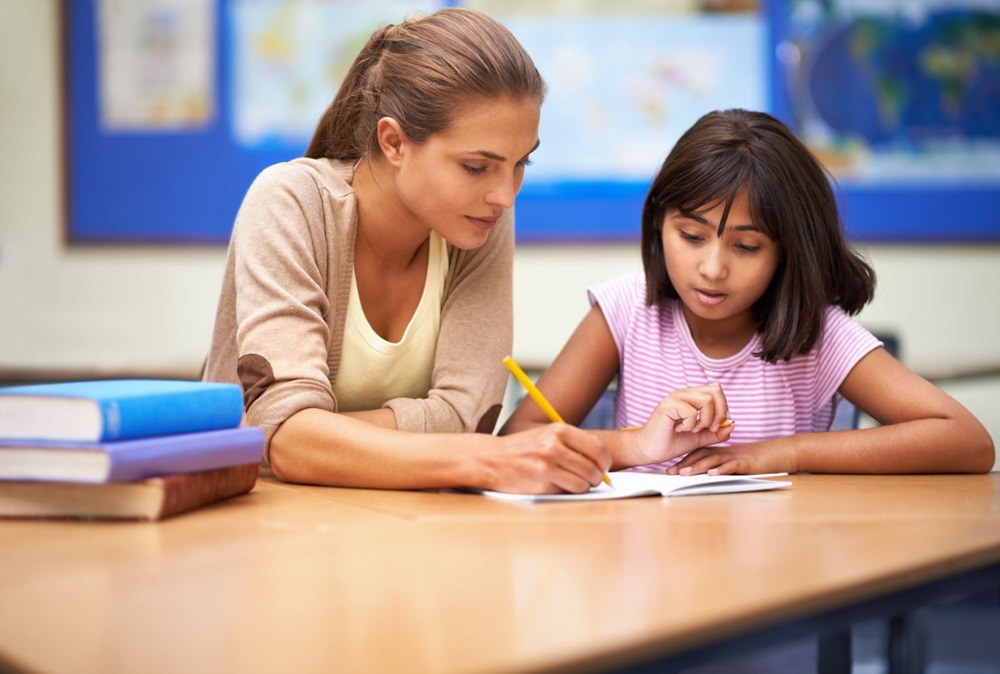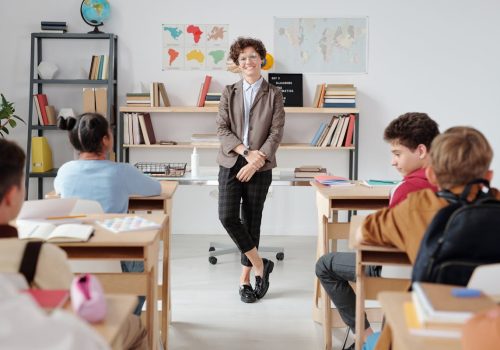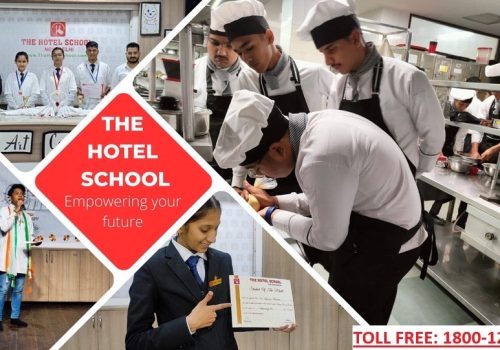Strategies for Increasing Students With Disabilities’ Academic Performance
Finding answers to the difficulties faced by children with special needs is essential to maintain our educational system as welcoming and fair for every student. Teachers in special education can better serve their students by taking into account each student’s particular set of circumstances, including their skills, areas for development, preferred learning styles, and other specific needs. Engage a Special Ed Resource tutor in idea generation for individual assistance plans.
Make Place for Many Learning Approaches
Even students with exceptional needs can learn best in different ways. Remember that every student learns a subject in a different way as you are instructing them. Mix in a variety of teaching techniques, such as practical exercises and visual aids.
Check That You Have All Required Course Materials on Hand
Everything has to be conveniently reachable for children to learn effectively. While creating instructional materials, consider that some students, such as those who are dyslexic or blind, may require assistive technology to read and that many different reading formats and sizes are available. Full inclusion is ensured when all resources are made available so that every student has the same information.
Utilizing a Variety of Aids to Make Your Classroom More Accessible
Helping your kids with assistive technology can help you compete better in today’s tech-driven world. Among the assistive technology are voice control systems, magnifying software, and screen readers. The use of assistive technology helps students achieve their goals much more effectively. Above all, you should push for the purchase of assistive technology if you think your students will gain from it.
Inspire Learning in Your Classroom
As is well known, motivated individuals always provide 110%. Most research released by the American Psychological Association shows that when people feel valued and supported, their health and happiness improve wherever they are. Children who are taught empathy, understanding, and support are more likely to give their best effort in the classroom. One way to create a friendly classroom is to offer peer support programs that foster collaboration and lessen the stigma attached to having a different learning style.
Works With Parents
Achieving student success mostly depends on parents working together with special education tutors. Communication lines must be kept open and reachable. You may update parents and guardians on your student’s progress through conference meetings, email updates, and progress reports. Communicating with impaired parents requires ongoing attention to accessible standards.
A parent who is blind might not benefit from a printed progress report. Emailing these parents a written document they can read with their assistive equipment would be more sensible than depending on visual aids, which aren’t always available. Dyslexia tutoring is one illustration of the requirement of giving parents the tools they need to support their children in succeeding in school.
Combined with competent special education tutors, these strategies will help your students reach their full potential. Please get in touch with the Special Ed Resource if you require specialist advice. Among the elements of the academic performance improvement plan we create with you could be tutoring.
Strategies for Improving the Academic Performance of Students with Disabilities
We must find solutions to the challenges encountered by children with special needs if we are to maintain an inclusive and equitable educational system for all. Educators specializing in one subject can enhance their ability to assist pupils by considering their unique circumstances, including skills, areas requiring improvement, preferred learning techniques, and additional particular requirements. Collaborate with a Special Education Resource tutor to generate concepts for individualized assistance plans.
Allow for a Variety of Learning Approaches
Even the most exceptional students may acquire knowledge in unique methods. Keep in mind that each pupil acquires knowledge of a particular subject uniquely while providing instruction. Incorporate an assortment of pedagogical approaches, including hands-on activities and visual aids.
Ensure that You Possess All Necessary Course Materials
For effective learning among children, everything must be conveniently accessible. Consider the availability of numerous reading formats and sizes and the fact that some students, such as those who are blind or dyslexic, may necessitate assistive technology to read, when developing instructional materials. When all resources are made accessible to provide every pupil with the same information, complete inclusion is guaranteed.
Leveraging a Diverse Selection of Aids to Enhance Accessibility in the Classroom
Providing assistive technology to your children can increase your competitiveness in today’s technologically advanced society. Screen readers, voice control systems, and magnifying software are examples of assistive technologies. Utilizing assistive technology significantly improves students’ ability to accomplish their objectives. If you firmly believe that your pupils will benefit from assistive technology, you should prioritize advocating for its purchase.
Motivate Students to Learn in Your Class
It is common knowledge that motivated people consistently give 110%. Most research published by the American Psychological Association indicates that health and contentment improve wherever individuals feel valued and supported. There is a positive correlation between the provision of empathy, understanding, and support to children and their level of academic achievement. One can create a welcoming classroom environment by providing peer support programs that encourage collaboration and reduce the stigma associated with having a distinct learning style.
Complements Parents
Success for students is largely the result of collaboration between parents and special education tutors. Lines of communication must remain accessible and unobstructed. Parental and guardian updates regarding a student’s progress can be provided via conference meetings, email correspondence, progress reports, or both. Parental communication with individuals with disabilities necessitates continuous adherence to accessible standards.
A printed progress report may not benefit a blind parent. It would be more practical to email these parents a readable document using their assistive equipment rather than relying solely on visual aids, which may not always be accessible. Tutoring for students with dyslexia is one example of the necessity of equipping parents with the resources necessary to assist their children’s academic success.
These approaches will facilitate the optimal development of your pupils when implemented in conjunction with qualified Special Education instructors. If you need assistance from a specialist, kindly contact the Special Education Resource. Tutoring may be incorporated into the academic performance development strategy that we jointly develop with you.





